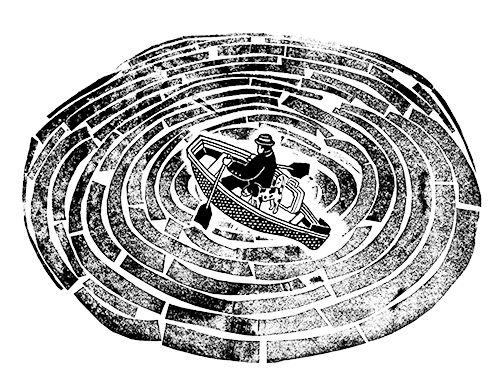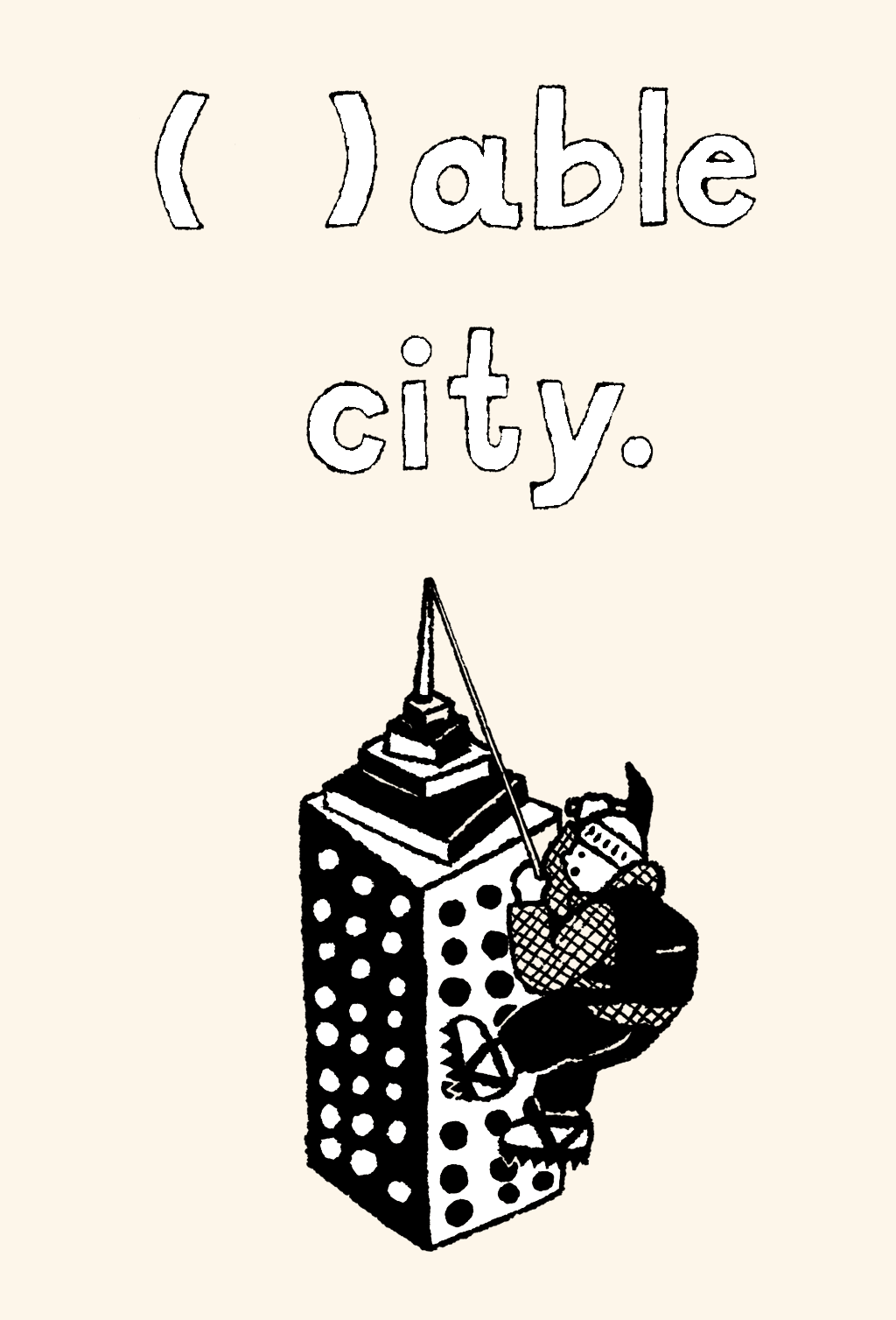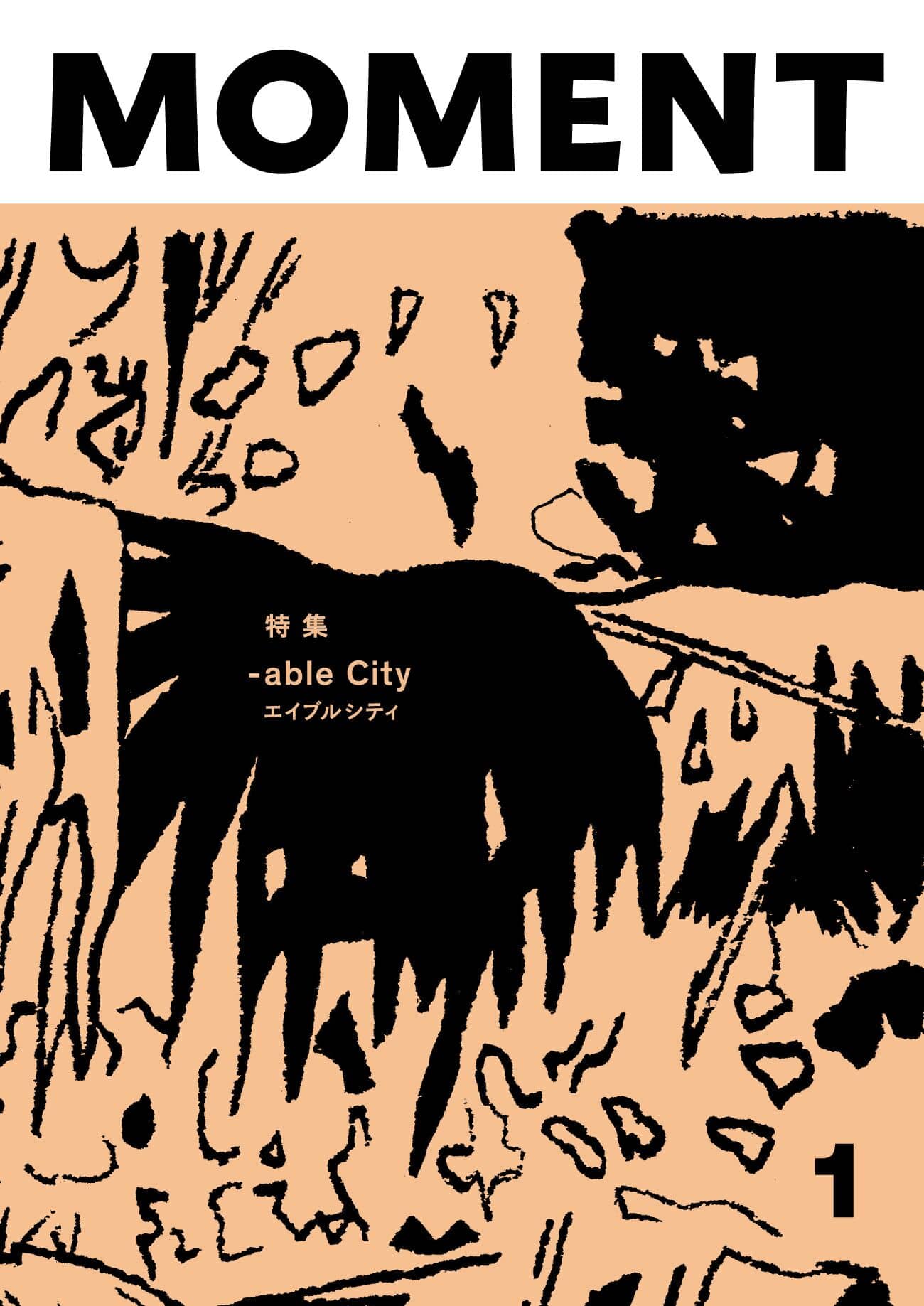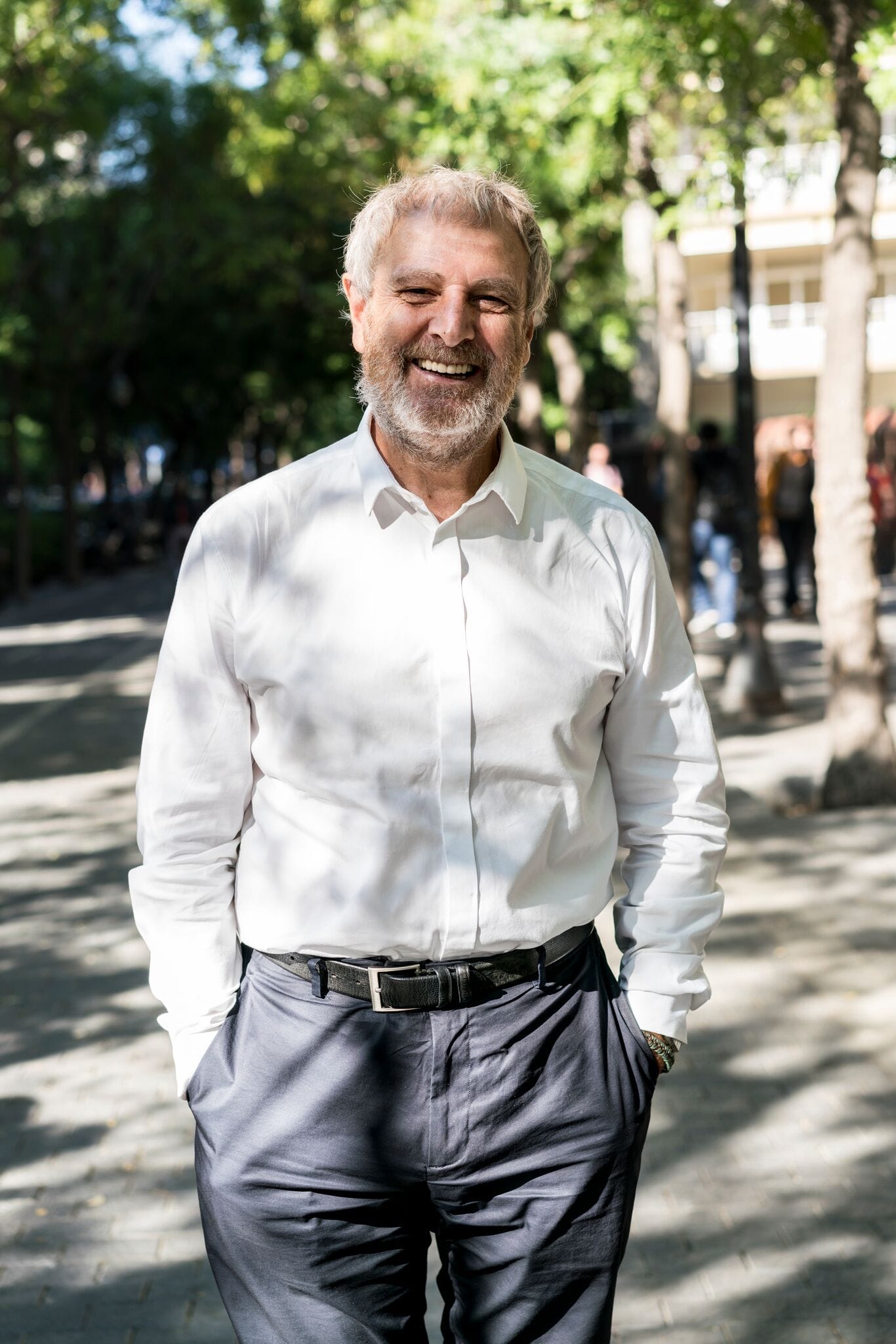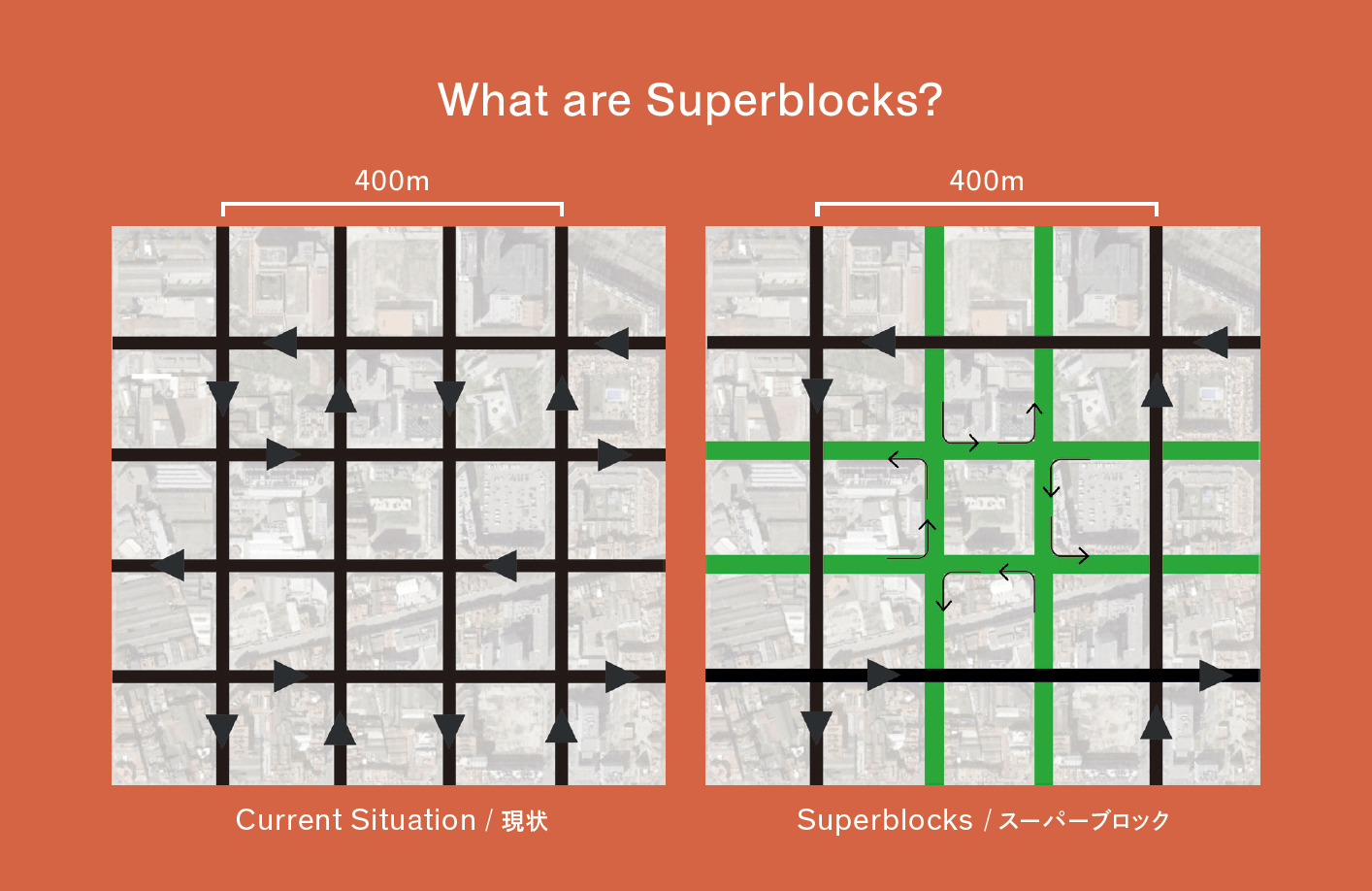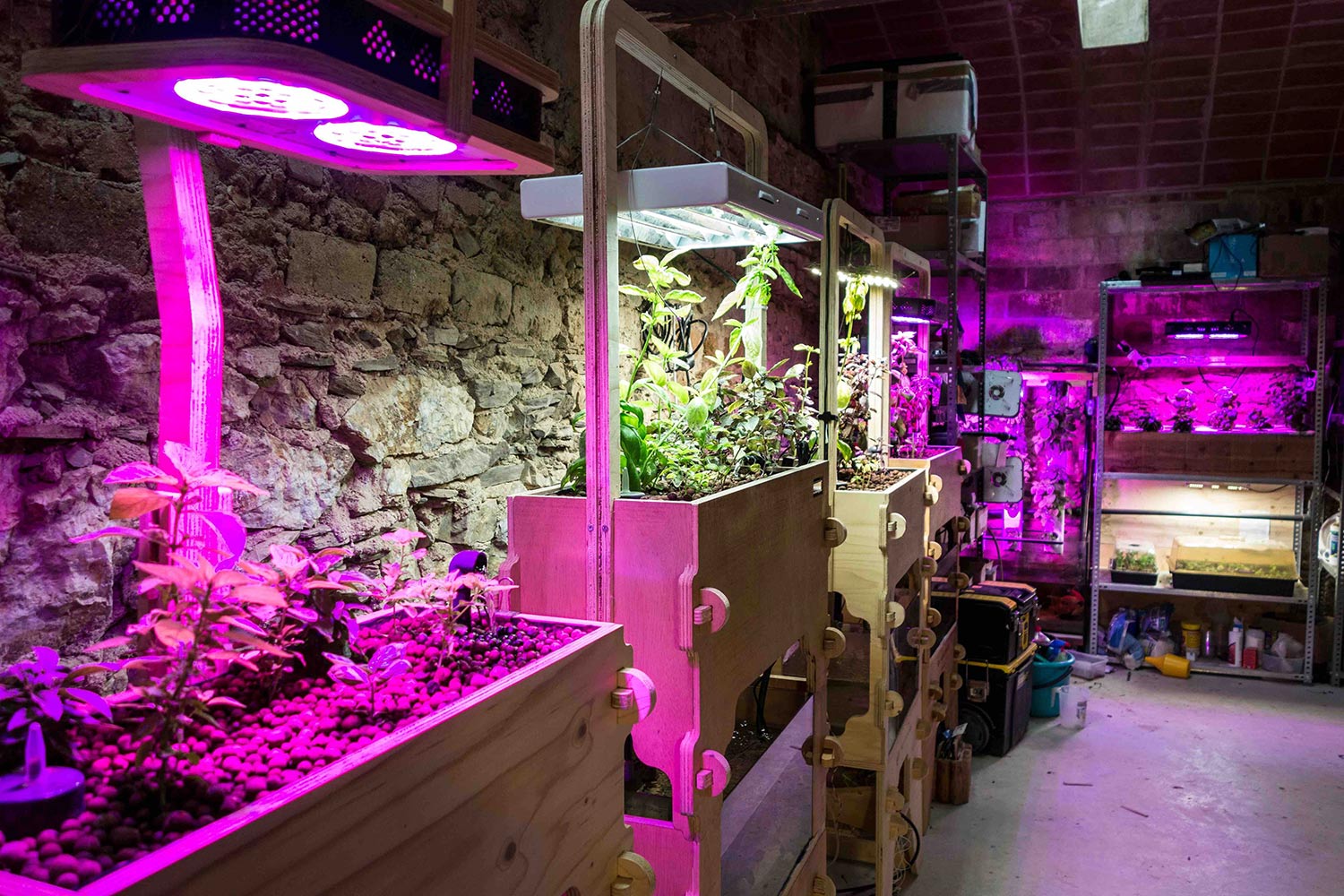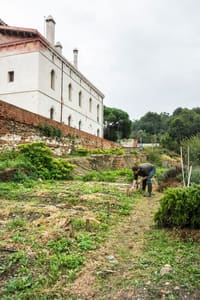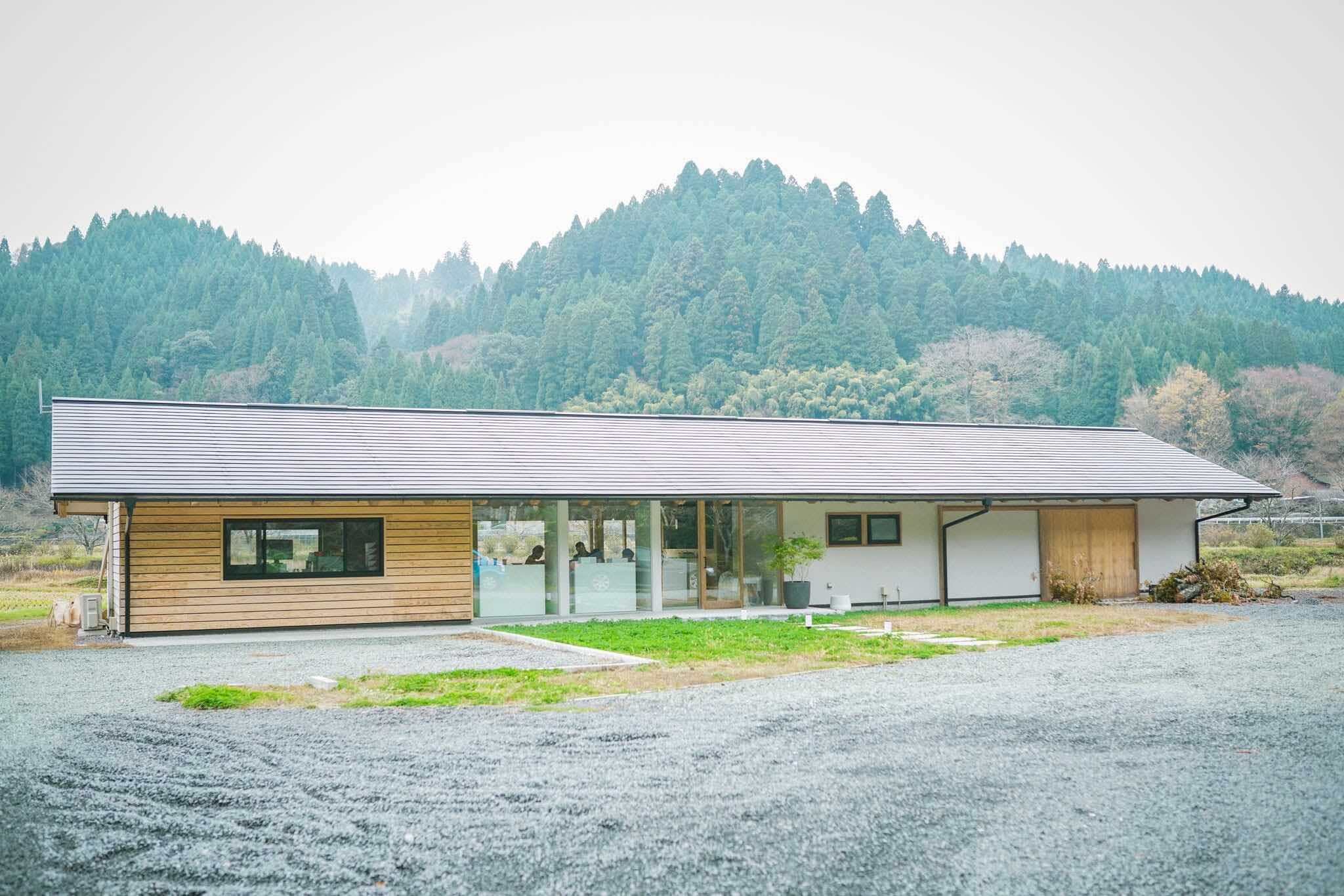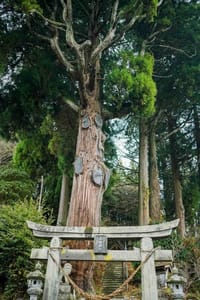Why we started moment.
Welcome to MOMENT: a Translocal Magazine
Today we live in a world where an unprecedented amount of information is shared and exchanged. Wherever you are, a single click can deliver you almost anything, and people who have never met can find each other, regardless of what distance separates them.
However, in exchange for these conveniences, we now find ourselves living in virtual villages, which are social enclaves where people share the same opinion. And the chasms between the countless “villages” that exist today are wider and deeper than ever before.
At one time the Internet promised to free us from the familiar surroundings of our small towns and local communities, but decades later we have ended up back where we started, in these strange but comfortable virtual villages where we are not physically local to each other but nevertheless live sheltered lives online and off. What are we to do now? Attempt once again to build another utopian commune?
Luckily, we have culture, technology, and other assets in hand. What we need to gain is perhaps a new point of view on how these assets could help us imagine and act beyond the claustrophobic localism that defines online life today.
In MOMENT, we call this ‘trans-local’. To be trans-local is to be deeply connected to a community close at hand while being still invested in what’s happening beyond the horizon. For the trans-localist there is not a single “local” that is pitted against all others, but a network of overlapping local communities that each of us participates in.
By ‘local’, we mean the town you live in or the workplace or school you commute to every day; It could be the community to which you belong, whether it’s one centered around hobbies, your
profession, or your industry. The trans-localist is distinguished by the locales they participate in, but not defined by them. They appreciate the local, but are not afraid of other locales, or the unknown. Like a sailor connecting one port to another, the trans-localist weaves meaning by exploring new horizons and contexts.
On our own, we can only induce a very tiny shift. But we're connected to others, and as we change we make that change visible to those around us. What you do helps your neighbor decide what they might do, and what they do helps their neighbor make decisions. In this way, your actions make ripples which eventually will turn into a great wave.
MOMENT wishes to be a magazine for people who embody the trans-local. By the time you have read through, you will feel more hopeful: there are other people around the world who are also working in small communities, experiencing the same struggles and triumphs as you. And hopefully, one day, we will create momentum together.
June 2019 — Ryo Shirai
